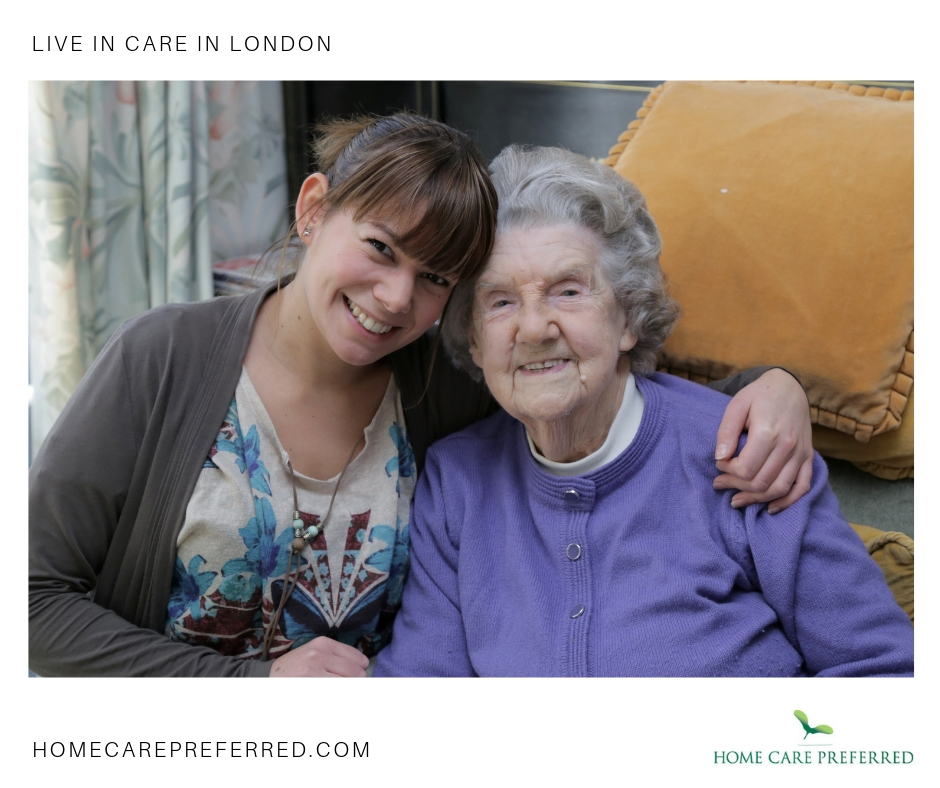
Live-in care is among the best long-term solutions for people who have an elderly loved one in need of assistance. Normally, the most popular solution would be to move the person to a care home, but live-in care presents a viable alternative, which more and more families resort to.
If you are among the people who need to consider it, you want to make sure that you end up with the right service. You cannot just find a company online and go with it. There are a few more steps to take, to ensure that the one you sign a contract with works for you. Here are a few pointers to consider in that regard:
- Consider experience, references and qualifications – the very first thing you should always do during your research for a live-in caregiver is to consider their skills and expertise in this field. Ideally, you want a person who has been in a situation similar to your own. This is most important if your loved one has some sort of condition, like dementia for instance. It is hard to look for a standard in this industry, but certain qualifications are important. Check references and conduct checks, to make sure that the caregiver is right for you. After all, you are entrusting them with the safety and security of your loved one and you need to have peace of mind.
- Honesty from the start is key – although it may seem obvious, this is a point worth the mention. You need to be very clear on what sort of care service you expect, both in terms of length and intensity. While it is true that care requirements may change over time, it is a good idea to establish a certain level at first. This will give you solid ground upon which to build your relationship with the live-in care provider. This way you will avoid the scenario in which the caregiver becomes under-qualified for the changing needs of your loved one. Remember, even if you are not sure what the current situation calls for, a good live-in care provider will be able to advise you on the matter, as long as you present them with the full picture.
- Do a trial shift – one thing you can do in regards to ensuring the live-in caregiver is right for your needs is to run a trial shift. This gives you a chance to see how they work, how they handle the situation and, more importantly, how they interact with your loved one. After all, the caregiver may have all of the necessary experience and skills. But if there is zero synergies between them and the elderly person, then it is highly unlikely that they are a good pick. You also want to see how your loved one feels around the person, and whether they struggle due to the unfamiliarity or something else. A trial shift gives both sides a chance to see whether the service is right and what adjustments are needed.
- Define clear holidays and time off – live-in care service is very intense. No caregiver can go without some time off and holidays. That is one thing you need to define early on. Discuss how caregivers can change and what type of schedule they will adopt in regards to their time off. By doing so, you will ensure that the person caring for your loved one is always fresh for the job.
Without a doubt, finding a live-in caregiver will be easier when you follow all of these tips. Do consider them when you are on the lookout for such service.

 Log in with Facebook
Log in with Facebook 









